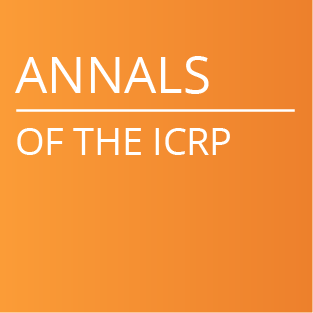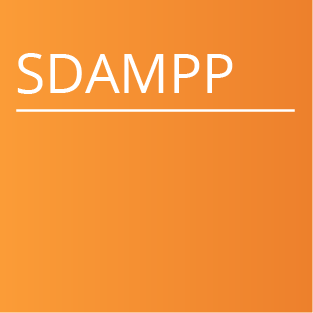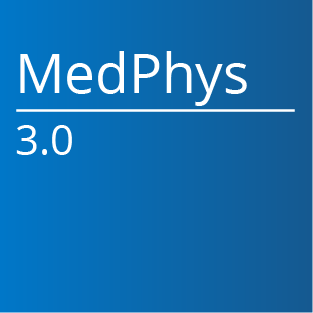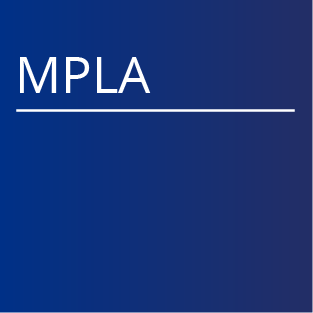| Policy number | Policy name | Policy date | Sunset date |
|---|---|---|---|
| AP 133-A | AAPM Code of Conduct at Meetings and Social Events | 4/7/2020 | 12/31/2028 |
Section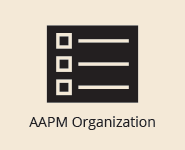 |
|||
| Policy source | |||
| April 7-8, 2020 Board of Directors Meeting | |||
| Policy text | |||
|
To Report An Incident AAPM is committed to providing a safe and productive meeting environment that fosters open dialogue and the exchange of professional and scientific ideas, promotes equal opportunities and treatment for all participants, and is free of harassment and discrimination. AAPM prohibits any form of harassment, sexual or otherwise, as well as other unprofessional behavior at its meetings and social events. This Code of Conduct outlines AAPM’s expectations for all meeting attendees, speakers, exhibitors, staff, contractors, and guests at AAPM meetings and social events. All participants in attendance are expected to abide by this Code of Conduct to help ensure a pleasant and safe meeting experience. All participants are expected to treat others with respect, professionalism, and consideration and to uphold standards of scientific integrity and professional ethics, as described in the AAPM Code of Ethics. DEFINITIONS Behavior that is welcome or acceptable to one person may be unwelcome or offensive to another. Consequently, individuals must use discretion to ensure that their words and actions communicate respect for others. This is particularly important for those in positions of authority since individuals with lower rank or status may be reluctant to express their objections or discomfort regarding unwelcome behavior. Harassment intended in a joking manner still constitutes unacceptable behavior. The forms of conduct covered in this policy are defined below.
REPORTING HARASSMENT OR OTHER PROHIBITED BEHAVIOR Any individual (Complainant and/or Bystander) who believes that he or she has been subjected or witness to harassment or other prohibited behavior may file a complaint during or after the meeting by using the online reporting tool or calling the toll-free phone number provided online and in meeting materials. The complaint will then be reported to the AAPM Executive Director, unless the AAPM Executive Director is the person about whom the complaint has been filed, in which case the complaint will go directly to the AAPM President. INVESTIGATION Once a report is received, the Executive Director will inform the President. An external consultant will be retained to investigate the report. In most cases, the Complainant and/or Bystander will be interviewed first. As appropriate, witness statements may be sought. The details of the complaint will be explained to the individual(s) about whom the complaint has been filed (Respondent(s)) by the investigator. The Respondent(s) will be given a reasonable chance to respond to the evidence and to provide his, her, or their own evidence. If the facts are in dispute, further investigational steps may occur, including interviewing those named as witnesses. If, for any reason, the investigator is in doubt about whether or how to continue, he or she will seek appropriate counsel. When the investigation is complete, the investigator will report the findings to the President, Executive Director and Chair of the Ethics Committee, along with a recommendation for further action. The Respondent(s), Complainant and/or Bystander shall be notified in writing of the findings and the action to be taken. AAPM will make every effort to keep the reporting individual’s concerns confidential and will not deliberately share personal information other than to the investigator(s); however, confidentiality cannot be guaranteed (for example, although efforts will be made to reduce the chances, it may be possible to infer something about the person(s) involved based upon the situation under question). AAPM may, but is not required to, report any incident to proper authorities, including but not limited to law enforcement, if in AAPM’s sole discretion such reporting is advisable or necessary. This policy does not replace the legal obligations of members. All suspected unlawful behavior must be reported to the appropriate authorities. AAPM reserves the right not to proceed with an investigation following an allegation of inappropriate behavior by an individual if it is considered that there are insufficient grounds or evidence to do so, or the allegation is determined to be made in bad faith. The Individual Implicated / Respondent, Complainant and/or Bystander may appeal to either the Ethics Committee (appeals by AAPM members) or the Executive Committee (appeals by non-AAPM members). DISCIPLINARY ACTIONIf AAPM determines that an individual has engaged in prohibited conduct, AAPM shall determine the appropriate action to be taken, which may include, but is not limited to:
In the event that the individual is restricted from further attendance at the AAPM meeting or event at which the inappropriate behavior occurred, no refunds will be given of any fees paid to participate in the meeting or event. Additionally, the Complainant may file a complaint with AAPM’s Ethics Committee if the Respondent is an AAPM member. RETALIATION IS PROHIBITEDThe AAPM will not tolerate any form of retaliation against persons who file a complaint or assist in an investigation. Retaliation is a serious violation of this policy and, like the harassment or other prohibited behavior itself, will be subject to disciplinary action. |
|||
| Policy version history | ||||
| Policy number | Policy name | Policy date | Sunset date | Active? |
|---|---|---|---|---|
| PP 31-A | AAPM Policy Against Harassment and Disruptive Behavior at Meetings | 4/10/2018 | 11/27/2018 | Inactive |
| PP 31-B | AAPM Policy Against Harassment and Disruptive Behavior at Meetings | 11/28/2018 | 12/31/2023 | Inactive |
| PP 31-C | AAPM Code of Conduct at Meetings and Social Events | 4/7/2020 | 12/31/2023 | Inactive |
| AP 133-A | AAPM Code of Conduct at Meetings and Social Events | 4/7/2020 | 12/31/2028 | Active |












